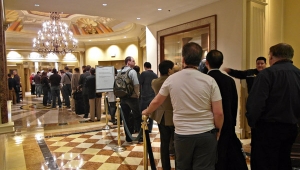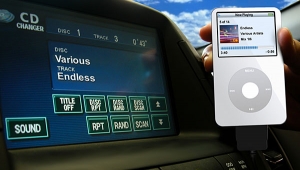| Columns Retired Columns & Blogs |
The people who pirate, whether music, movies, or software, don't understand how profit is necessary to keep businesses healthy. They will steal until the price of the legal copy goes below that of the materials needed to copy it, which is of course impossible. The thieves feel somehow entitled to act as they do, so lowering CD costs would have little impact. Personally, I am frequently amazed how low some prices are already.


























